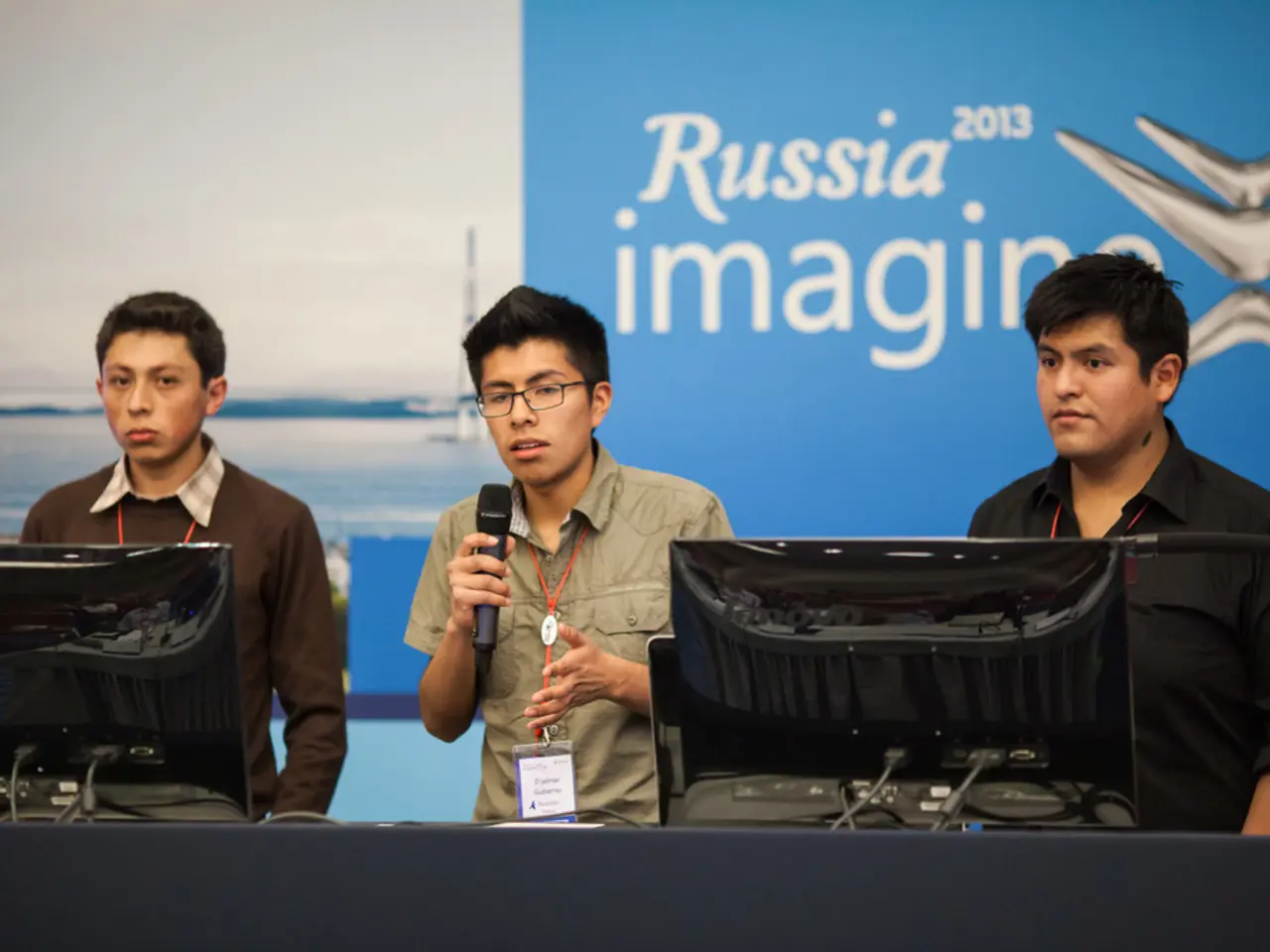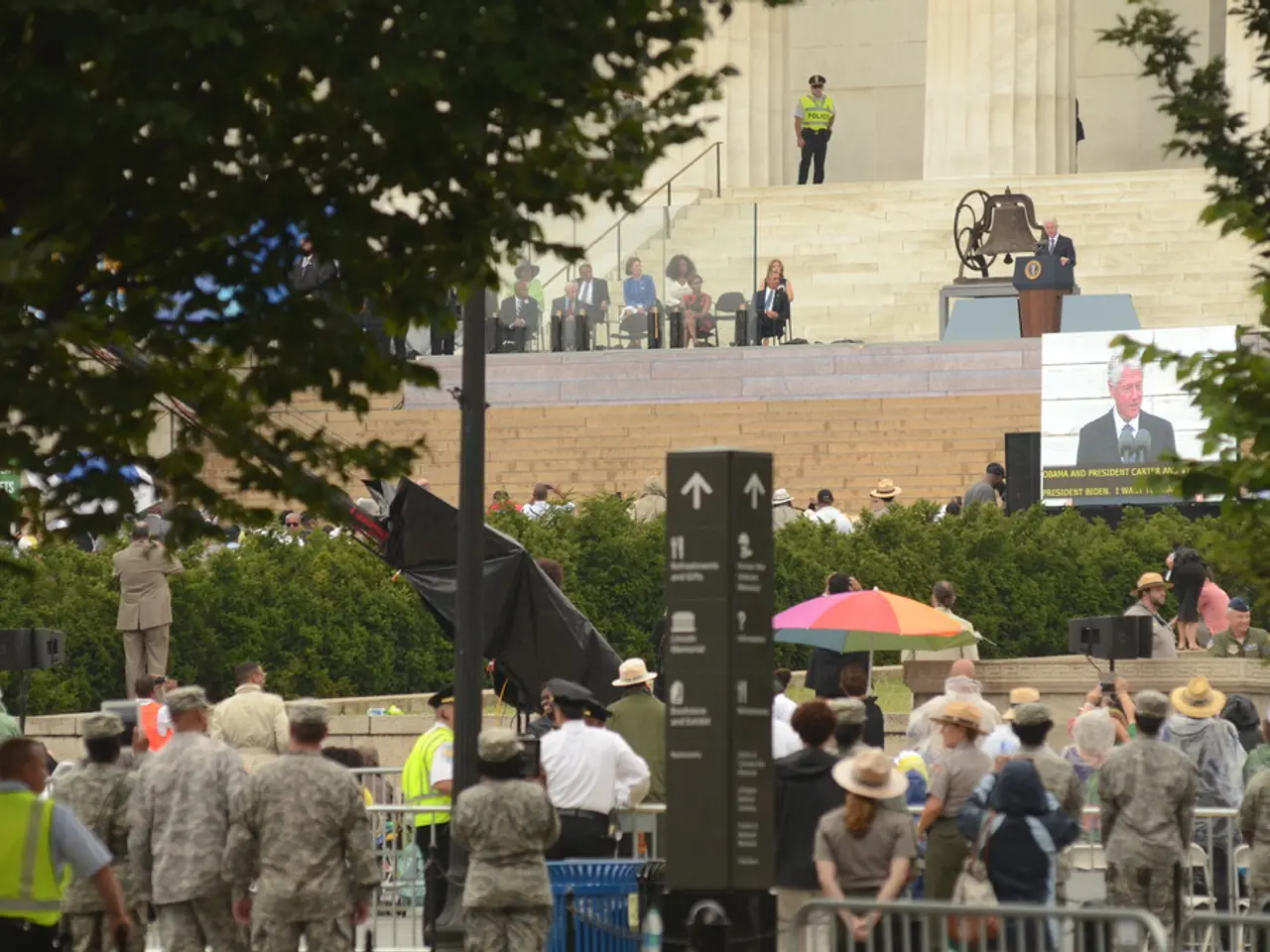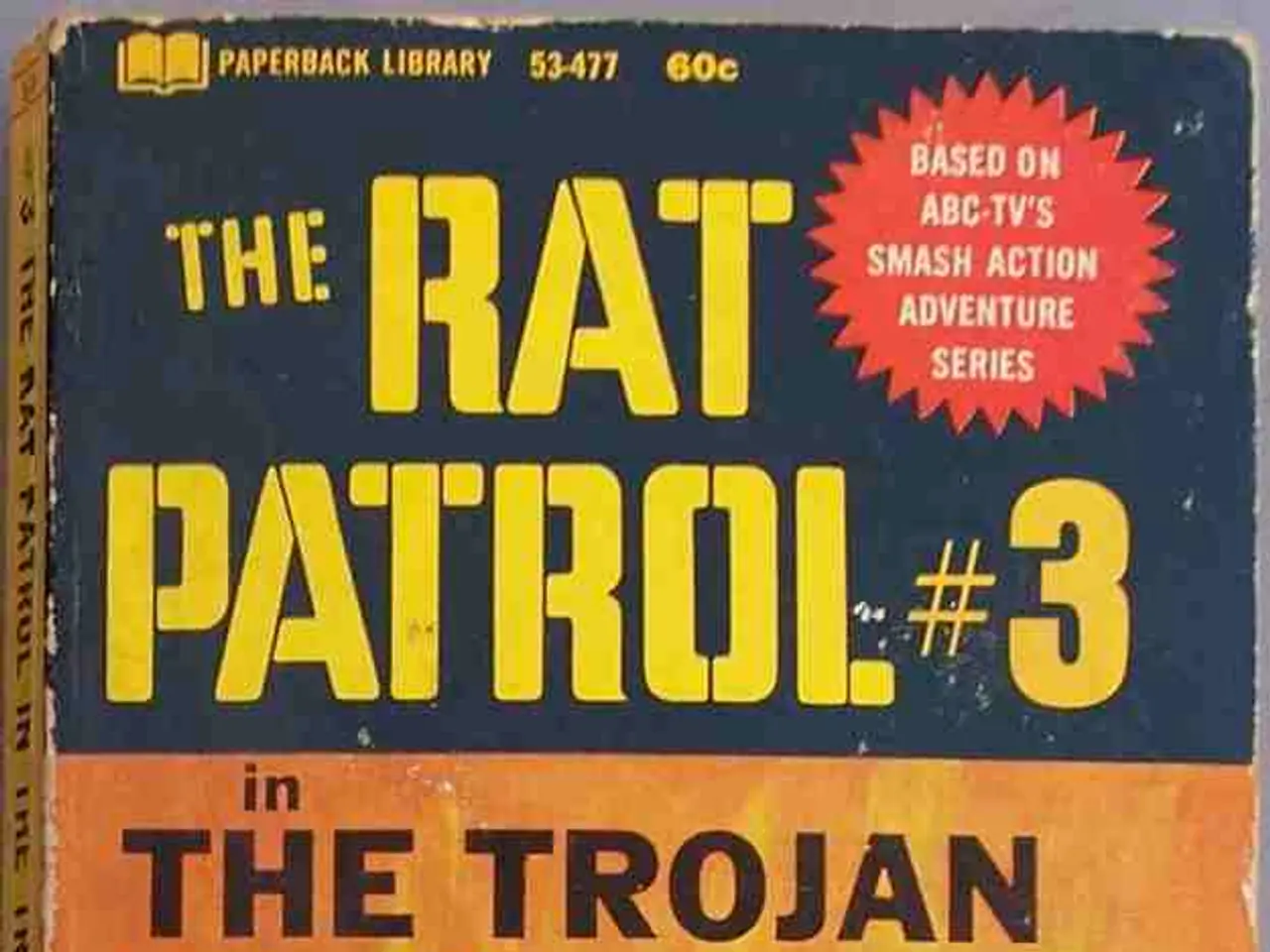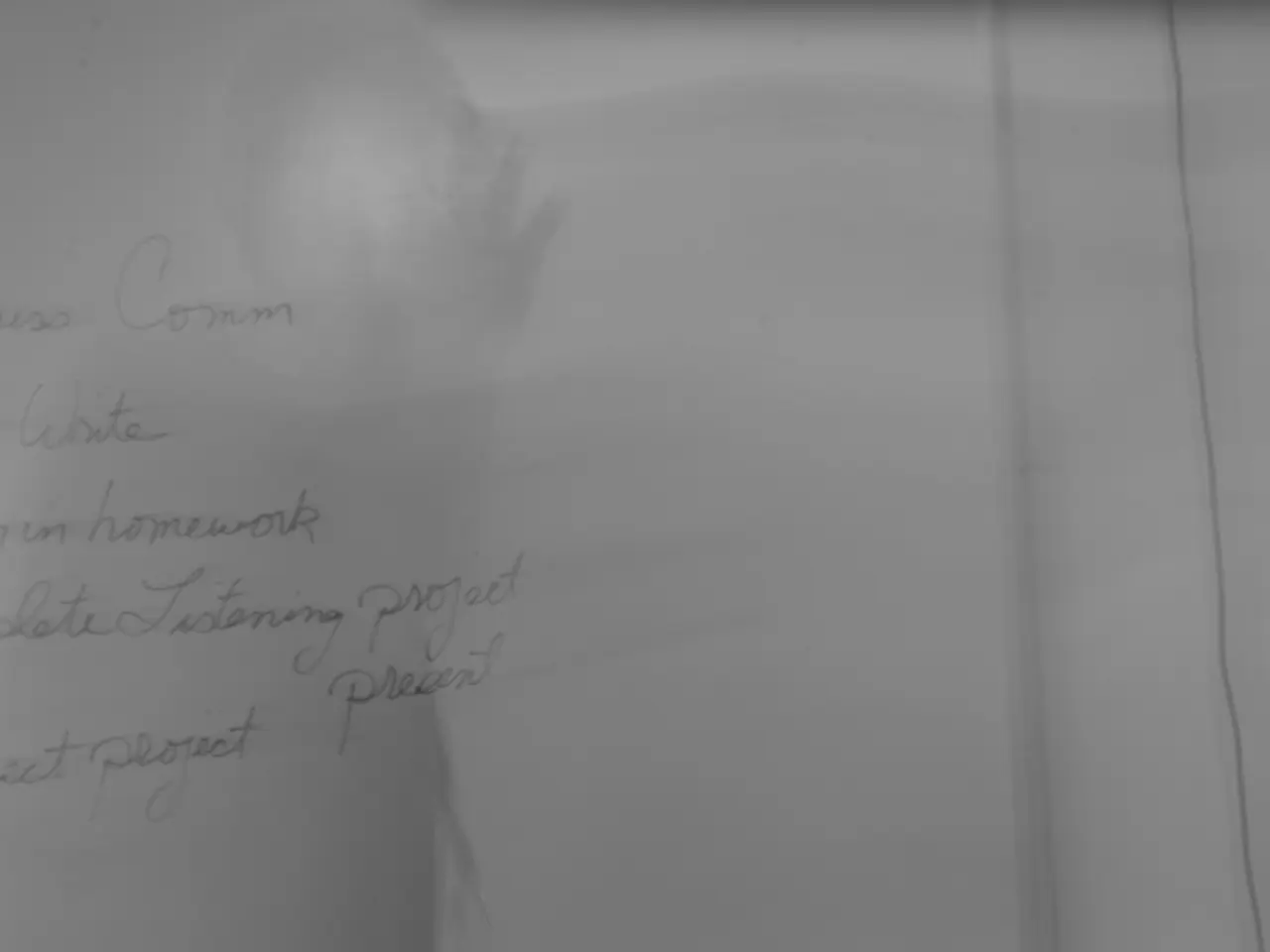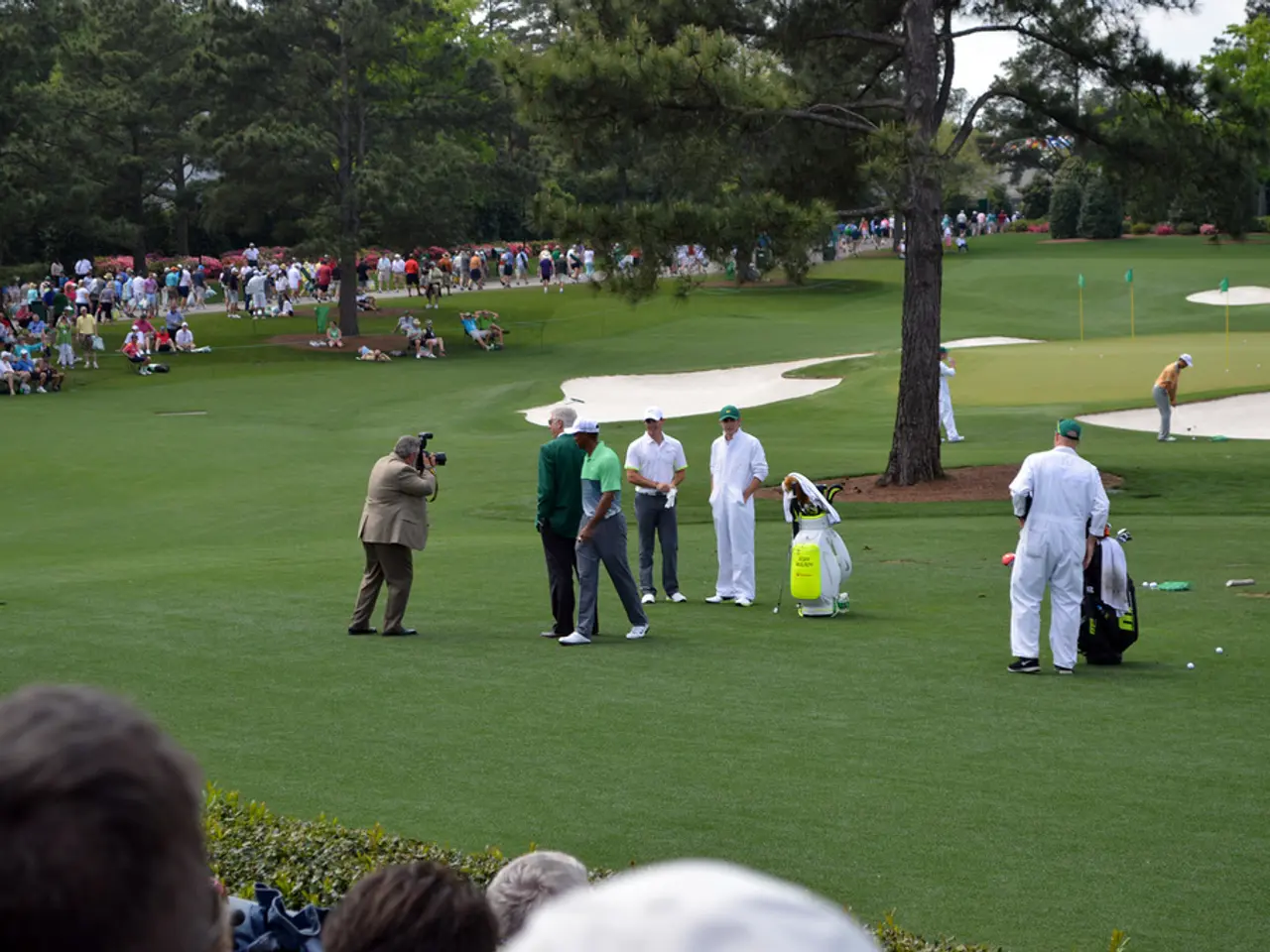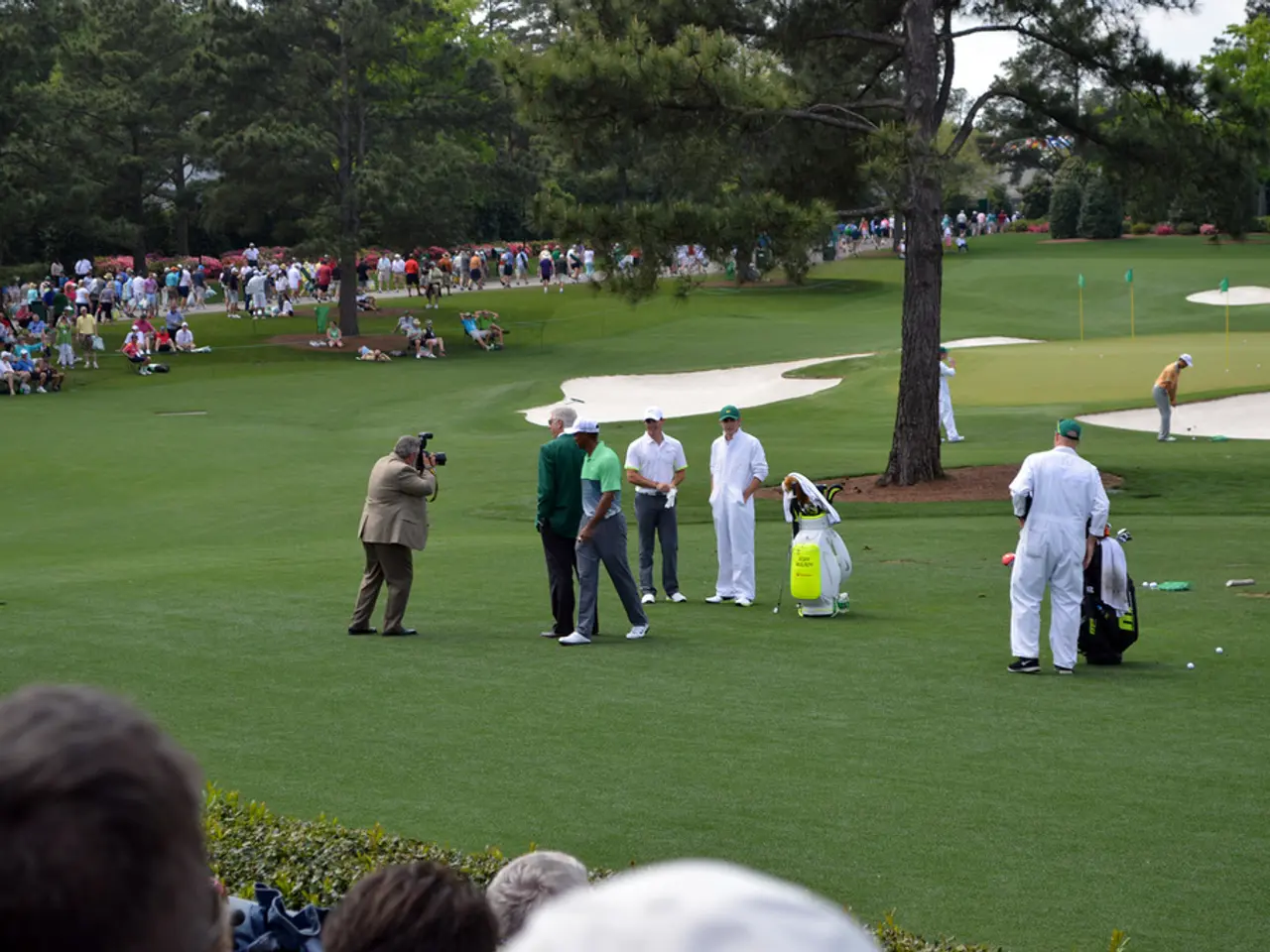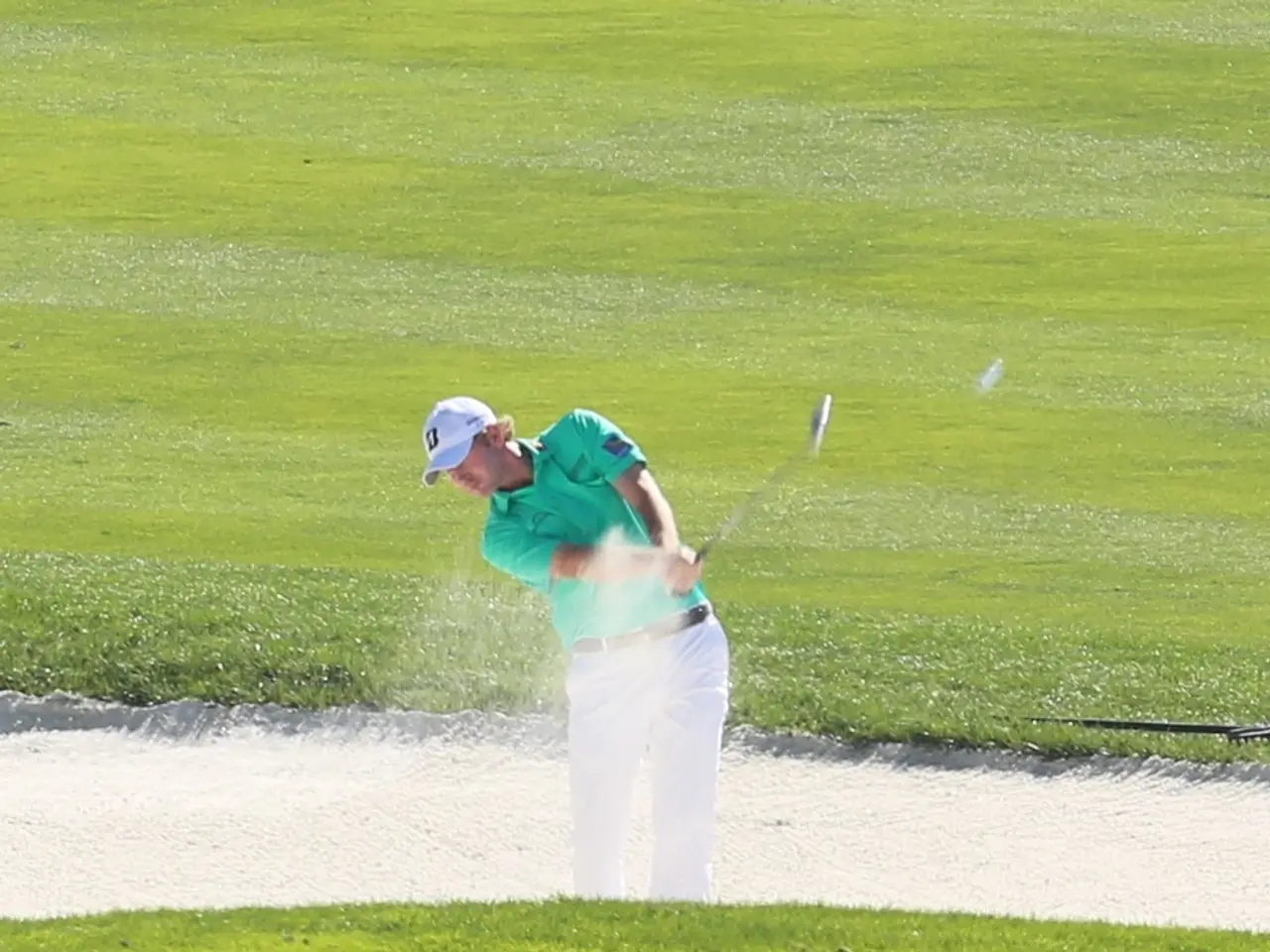Trump expresses readiness for a meeting with Putin, regardless of whether Putin is willing to engage in talks with Ukraine's Zelenskyy.
The world watches with bated breath as the possibility of a U.S.-Russia summit looms, with President Donald Trump expressing his willingness to mediate peace talks between Russia and Ukraine. The potential meeting, scheduled for August 15, 2025, in Alaska, comes amidst the ongoing conflict in Ukraine and the approaching White House deadline for Moscow to show progress towards ending the three-year-old war.
The prospect of a summit has divided opinions in Kyiv, with some residents believing that negotiations are necessary to end the war, while others are skeptical about the potential outcomes of U.S.-Russia talks. The White House has stated that a U.S.-Russian summit would not occur if Putin did not meet with Ukrainian President Volodymyr Zelenskyy, but later clarified that it would only make the summit less likely.
The current status of U.S.-Russia negotiations reflects cautious and complex efforts amidst the ongoing Ukraine conflict. Trump has expressed a desire for the United States to facilitate substantive peace talks, aiming to achieve a lasting peace that could include territorial concessions and possibly a ceasefire. Putin, on the other hand, has expressed hope to meet with Trump, possibly in the United Arab Emirates, partly due to concerns about the impact of U.S. sanctions on Russia and its economic partners.
However, Russia remains largely unwilling to compromise, continuing to pursue its original war goals in Ukraine. The Kremlin appears to be preparing to possibly renege on any peace agreement, a concern that is heightened by Russia's recent military advances in Ukraine and ongoing Ukrainian drone strikes against Russian military infrastructure.
The summit conditions include U.S. concessions on talks participants and sanction deadlines, with Russia seeking to gain diplomatic recognition and possible arms control talks leverage. The absence of Ukraine from direct negotiations raises concerns that the talks may replicate historical patterns where victim nations have little say, potentially undermining Ukraine’s security.
Ukrainian President Volodymyr Zelenskyy has called for European countries to be involved in finding a solution to the war in Ukraine. He prioritizes a ceasefire and long-term security guarantees in potential negotiations with Russia. Putin has mentioned the possibility of direct talks with Zelenskyy, but certain conditions need to be met for it to happen.
A new Gallup poll shows that Ukrainians are increasingly eager for a peace settlement, with about seven in ten wanting to negotiate a settlement as soon as possible. Now, only about one-quarter of Ukrainians support continuing the war. This is a sharp reversal from 2022, when about three-quarters of Ukrainians wanted to keep fighting until victory.
The upcoming Trump-Putin meeting offers a diplomatic opening, but the fundamental challenges of the Ukraine conflict and differing objectives cast uncertainty over the prospects for a comprehensive peace deal. The success of the summit hinges on whether Putin is willing to accept lasting peace terms and whether Trump can press for Ukraine's security demands.
This would be the first U.S.-Russia summit since 2021, when former President Joe Biden met Putin in Geneva. It would be a significant milestone towards Trump's effort to end the war, although there's no guarantee it would stop the fighting since Moscow and Kyiv remain far apart on their conditions for peace.
In the midst of the ongoing Ukraine conflict, politics and policy-and-legislation surrounding war-and-conflicts have taken center stage, with the upcoming U.S.-Russia summit serving as a focal point for discussions. General news outlets are reporting increased enthusiasm among Ukrainians for peace negotiations, with a new Gallup poll indicating that seven in ten Ukrainians desire a settlement as soon as possible. However, the success of the summit and the possibility of a lasting peace remain uncertain, contingent on Putin's acceptance of lasting peace terms and Trump's ability to press for Ukraine's security demands.
